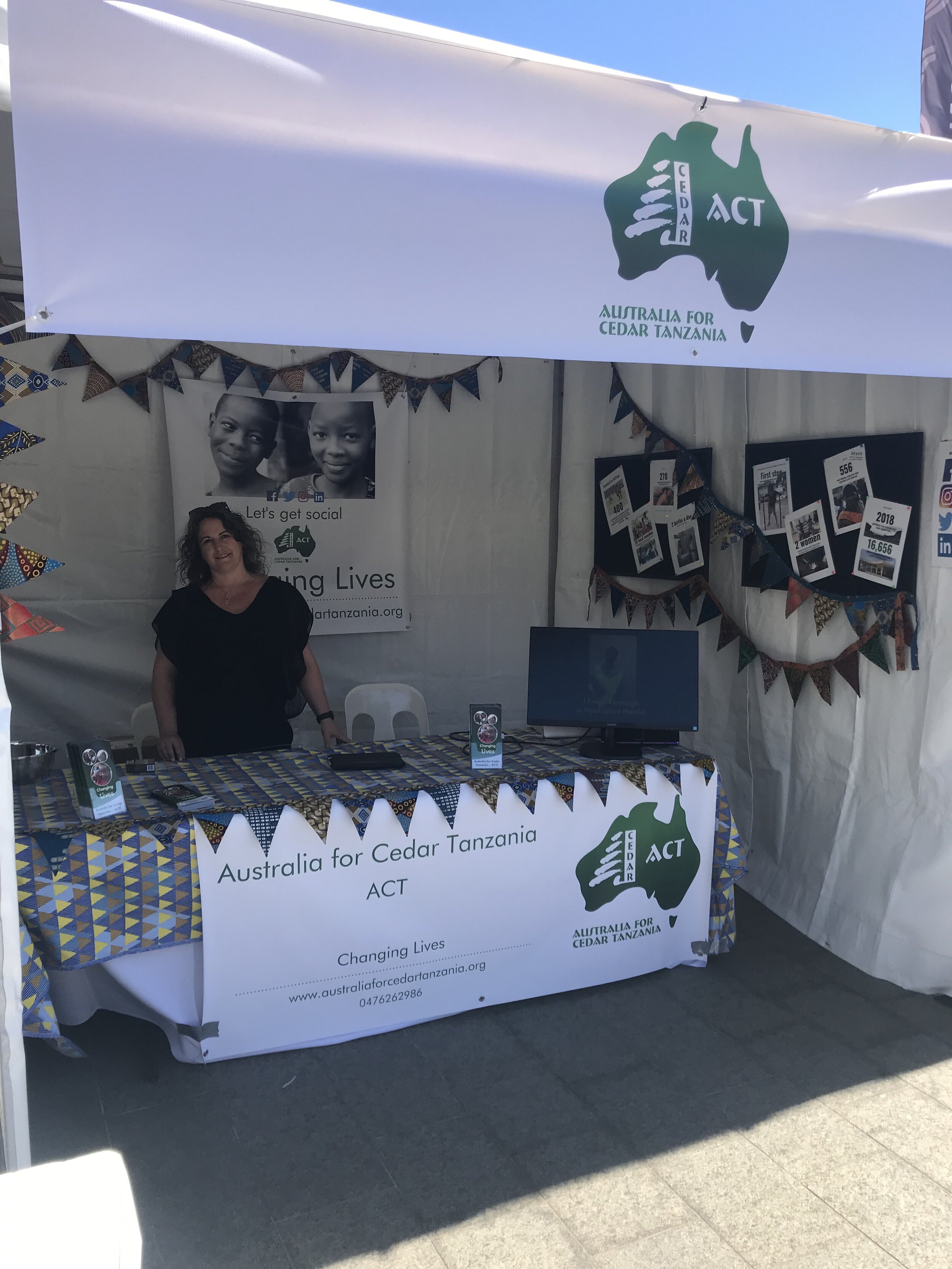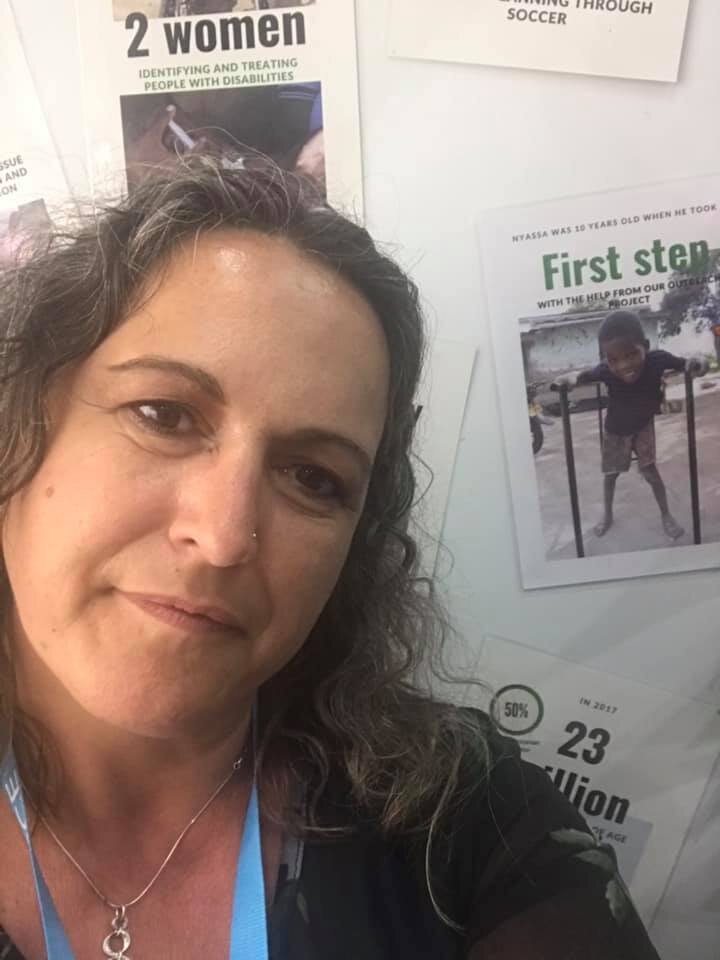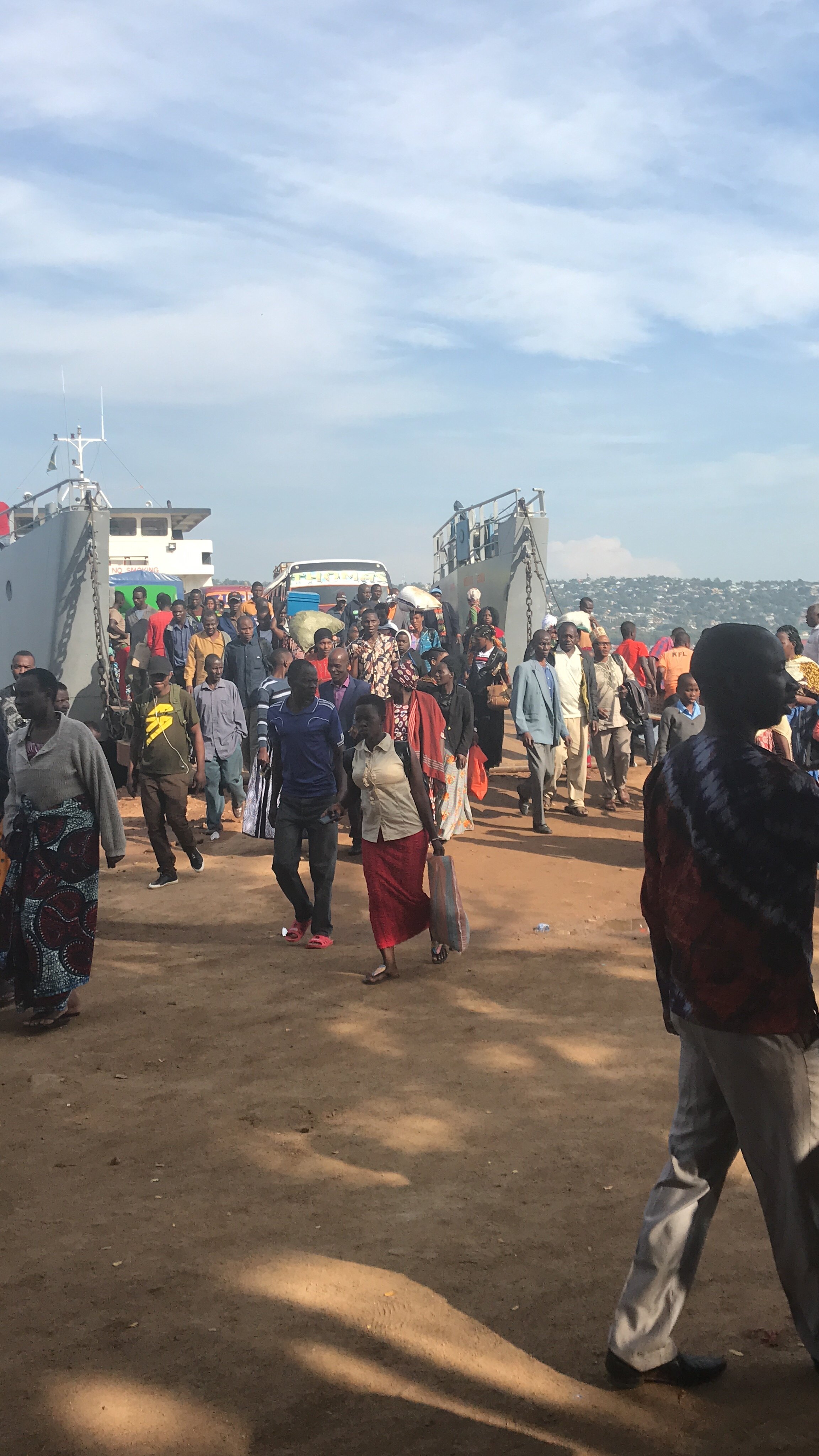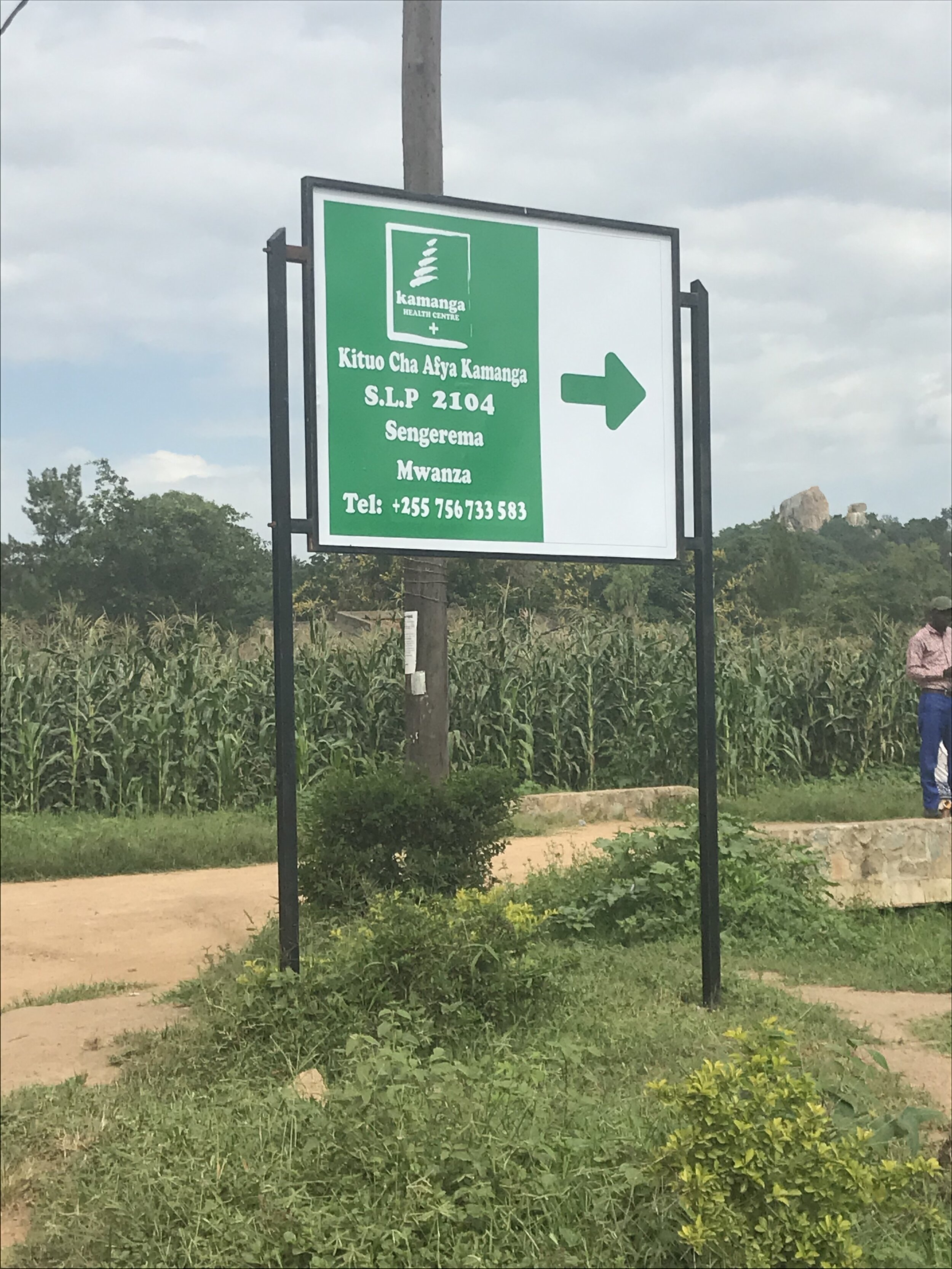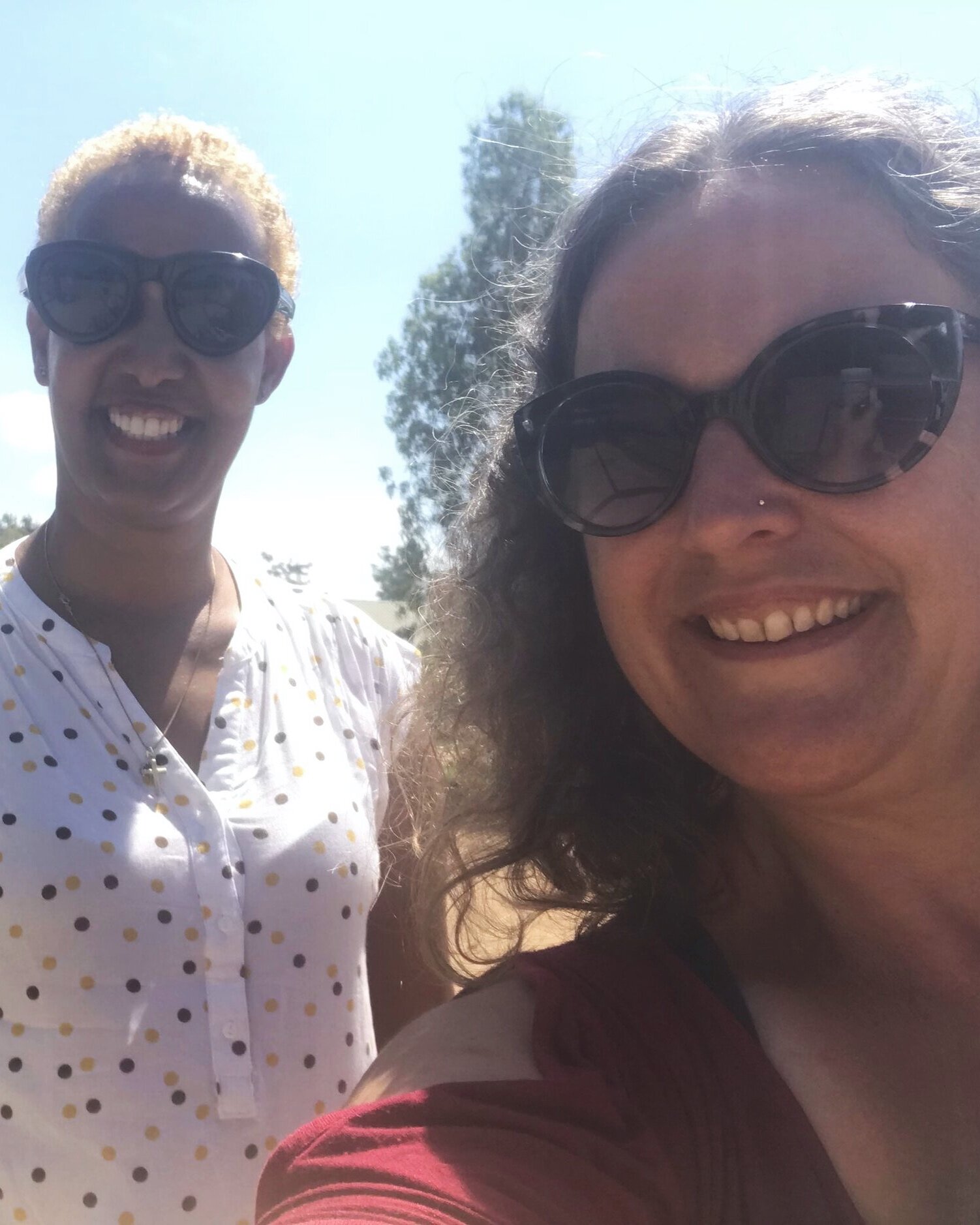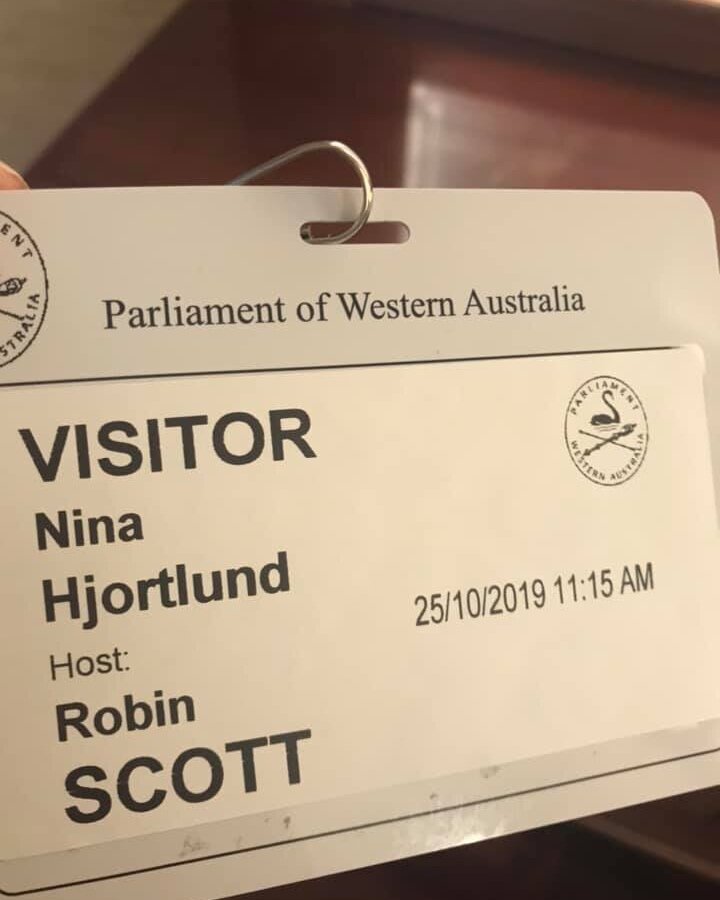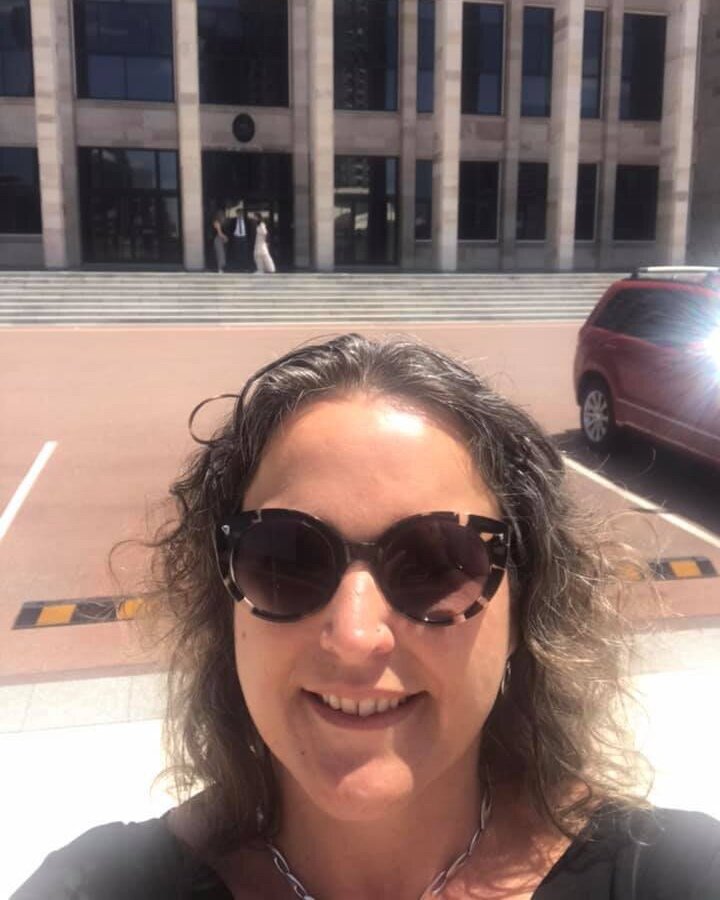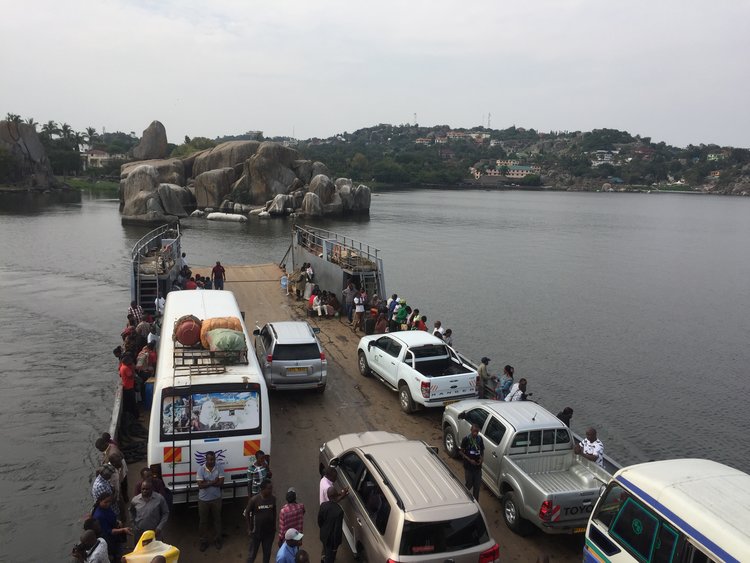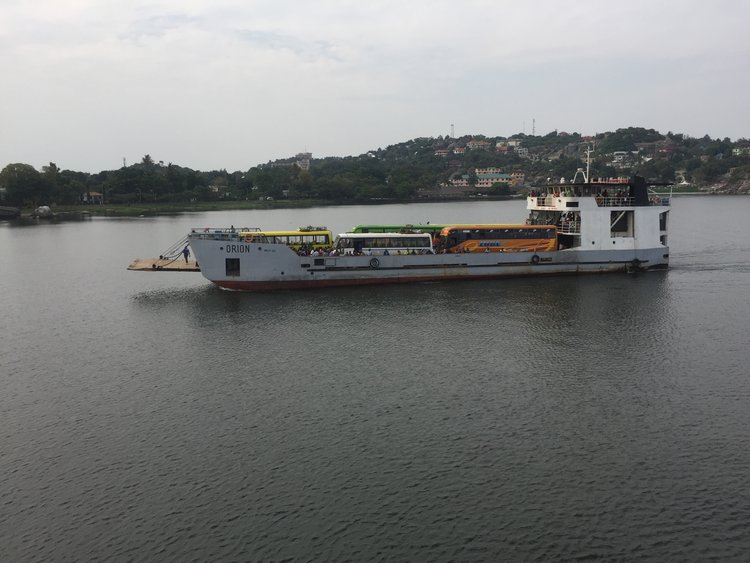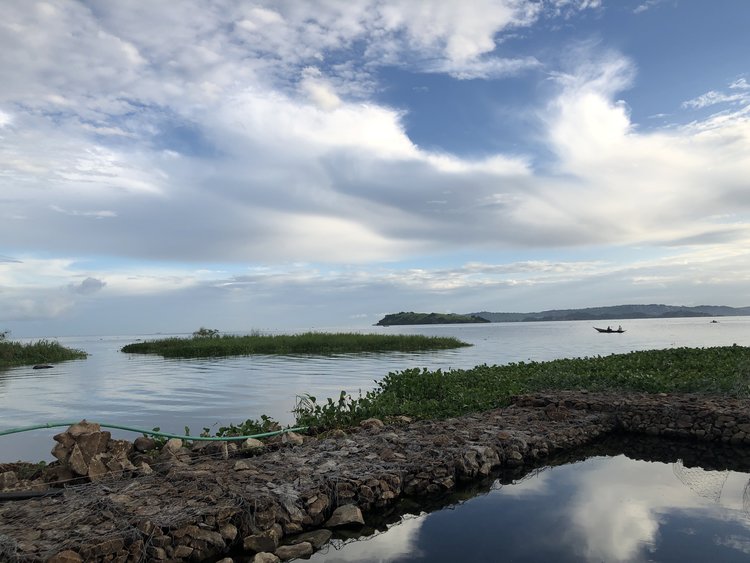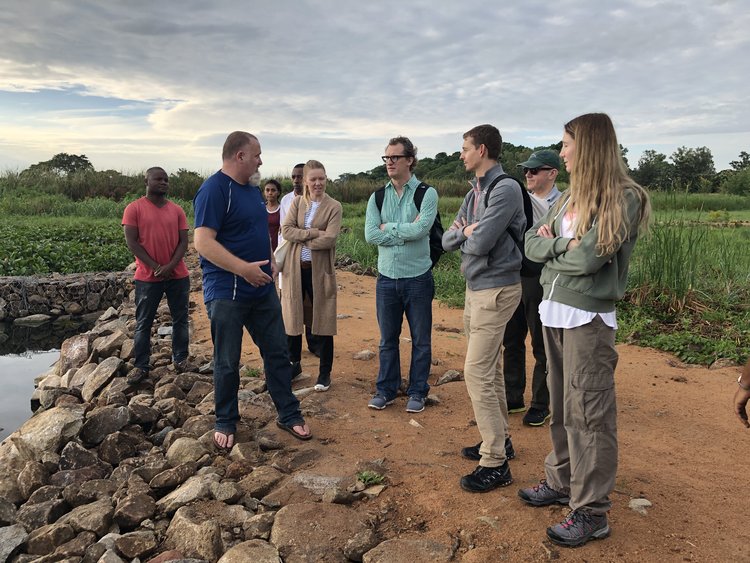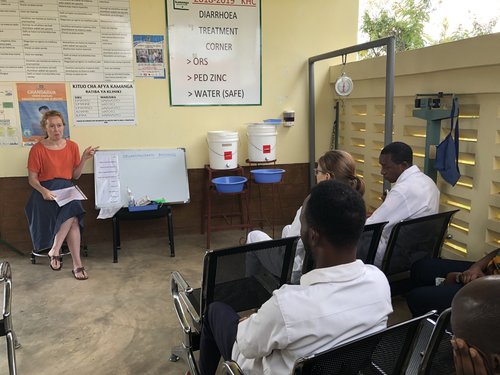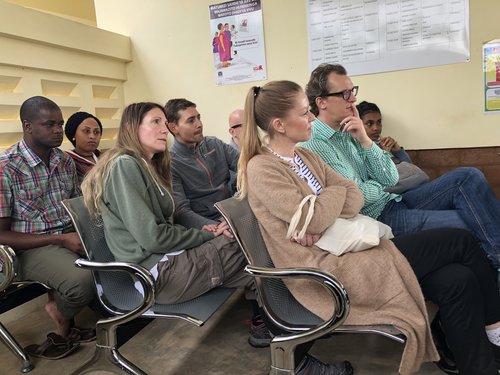My name is Nina Hjortlund, although most people in Mwanza know me as Mama Nina; a combination of a surname that is next to impossible for non-Danish people to pronounce and cultural respect in Tanzania. I lived in Tanzania for 13 years and Tanzania still has a part of my heart and soul. I am a mother of four children and a crazy puppy.
I was born in Denmark but have always enjoyed traveling and besides Tanzania, I have also lived in Egypt for a number of years. I now live in Perth, Australia, since August 2018, which is where I founded Australia for Cedar Tanzania, ACT!
Australia for Cedar Tanzania is working to raise funds, awareness and attract volunteers for Cedar Tanzania. Our aim is to enable Cedar Tanzania to continue current projects, and potentially expand into new areas as well.
We do this through grant applications, social media, fundraising campaigns, events, communications, networking and partnerships.
In the short time we have existed, we have achieved quite a few milestones: We have conducted three crowdfunding campaigns securing lifesaving medical equipment for Kamanga Health Centre, secured partly funding for our TackleAfrica project and we are able to provide funds for our upcoming Clean Water project.
We have also received a grant in social media marketing and been shortlisted to UK Aid Directs Community Grant – we are holding our breaths as results are coming out any day now.
Currently, we are developing a partnership with Western Australia’s Department of Health to conduct an up-skilling training programme for our midwives and nurses. The project is called GHAWA (Global Health Alliance Western Australia) and was formed as part of a partnership with World Health Organisation (WHO).
GHAWA will provide Australian midwives to teach a midwifery programme that is tailored to the needs of Kamanga Health Centre’s staff. This will ensure that the health centre is able to provide the highest level of service and care to its patients.
Many new projects and events are on the schedule for 2020 – make sure you are signed up to our newsletter to be the first to know.
What are your main roles as Director of Australia for Cedar Tanzania!
Australia for Cedar Tanzania is still a small entity and I am the only employee so far.
This means I get to wear all the hats! – CEO, bookkeeper, marketing, report writing, fundraiser, writing grant applications, secretary, stall holder, web designer, and everything else in between.
As a Founding Director, I am ultimately responsible for ensuring that the company adheres to the laws of Australia and that all reporting is done in a timely manner. It is also my responsibility to ensure Australia for Cedar Tanzania is financially sound, and that all taxes and fees are being paid.
Australia for Cedar Tanzania is a not-for-profit, which means all profits we make goes straight into Cedar Tanzania.
What do you enjoy most about your role?
Although it can sometimes be stressful, I enjoy wearing all the hats and the diversity that comes along with it.
In one day, I can be keeping books and attending a webinar in the morning, updating social media and our web page in the afternoon, and meeting politicians and stakeholders by the evening.
I find much satisfaction in knowing every little thing I do has the aim of helping the Nyamatongo community to be stronger and more self-sufficient, and that they will gain more opportunities and improve their overall living standards.
I enjoy being my own boss, setting my goals high and aiming for the stars. I work alone, which takes lots of self-discipline and organisation but it also has many benefits. One of them is that I can move my hours around my children’s schedule. This often means that many of my work hours occur in the evenings after my children have gone to bed.
What do you find most challenging about your role?
Working alone. As I mentioned above it has its benefits,but it also has its downfalls. Being well aware of them makes me able to counter them before they become a problem.
Luckily thanks to today’s technology I can stay in daily contact with our team in Tanzania – WhatsApp, Skype, FaceTime and Messenger make communicating easy and accessible.
Linking with other similar businesses here in Australia is another important aspect of my tasks, which helps to know how to go about running a business here. Meeting with like-minded people for inspiration and collaboration on a regular basis is vital for growth and overcoming challenges.
Oh, and bookkeeping is just not my favourite thing to do…
Tell us about your most recent visit to Cedar Tanzania
I have just returned from a three weeks visit to Tanzania. Needless to say it was AMAZING!
I loved being able to see the Cedar Tanzania team face to face and it was a pleasure to spend the first week both in the office in Mwanza and with the team in Nyamatongo Ward.
All our projects look fantastic and I am so proud of all the achievements our staff has accomplished. I am humbled and impressed with the dedication and passion every single member of the Cedar Tanzania team shows every single day. It truly warmed my heart to see.
The project manager for the GHAWA project, Sally Dawit, came from Dar es Salaam to inspect Kamanga Health Centre and was highly impressed with the level of standards we deliver every day.
I also met with a couple of our long-term Corporate Social Responsibility partners such as Sandvik Mining and Construction Tanzania and Bamboo Rock Drilling. We are proud to have a well-functioning and positive CSR approach where all involved benefit from the partnership.
I miss Tanzania every day – and I feel very lucky being able to have both Australia and Tanzania in my life all at once.
How can people take action?
There are many ways you can be part of our journey.
First and foremost, sign up to our newsletter to know about our projects, the amazing people we meet on a daily basis and learn how changing lives happens every day.
We have a donation option on our website – in Australia all donations over $2 are tax deductible.
You can volunteer with us – send me a mail and hear how.
Does your company have a CSR or workplace giving programme? Contact us and hear how we can collaborate.
And something as simple as commenting and sharing our posts on social media (find us on Facebook, Instagram, LinkedIn and Twitter) helps us enormously. So next time you see a post: give us a shout and share it on!


